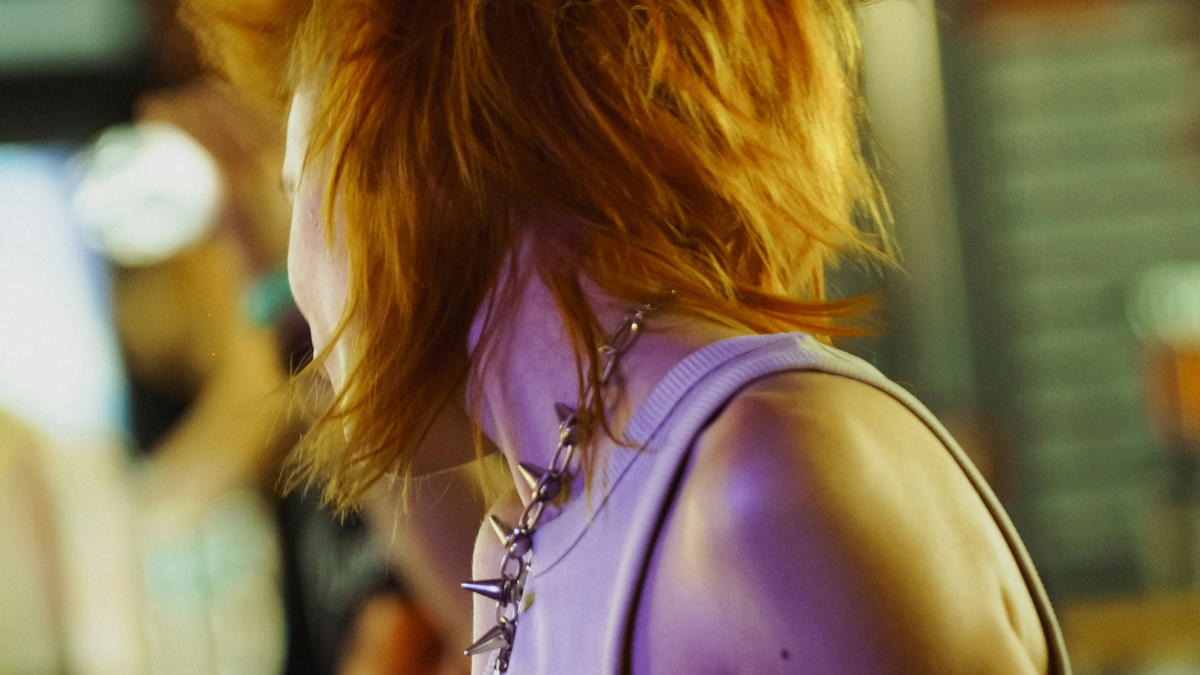In a previous MediaCat piece I looked at the backlash against ‘out of touch’ celebrities and influencers attending the 2024 Met Gala. While celebrities paid $75,000 per ticket to attend in their finery, regular people staged anti-war protests and expressed outrage on social media, furious at the inappropriate showcase of wealth. A real-life Hunger Games. In the wake of this drama we are now seeing a growing anti-celebrity movement, primarily on US social media, dubbed the ‘Digitine’ (digital guillotine). People are encouraging each other to block celebrity social media pages, using the hashtags #Blockout2024, #blocklist2024 and #cancelcelebrities.
Blocking ensures they do not consume the celebrity’s content, or even happen across it, disrupting their ad revenue.
Withholding consumer power
This demonstrates an acute awareness of the financial influencer system. People know that follower count and engagement equals money. For those who are blocking, it seems like a fair reaction. If idols won’t use their platform, influence and/or money to campaign for the issues affecting their followers, then said followers don’t owe them allegiance (or income).
The price of authenticity
Cultural and trends analysis for the last decade has consistently shown that ‘authenticity’ is important to people on social media, both for the creators wanting to connect to their audience, presenting themselves as ‘real’ people, and for followers wanting to feel close to their idols. This shift can be seen in the huge rise of TikTok, a scrappy, unpolished platform, worlds away from Instagram’s traditionally perfected imagery.
We’ve had trends like #nomakeupselfie, deinfluencing, influencers opening up about how lonely the profession can be. The consequence of this authenticity is that people feel closer to celebrities than ever. And, if they try so hard to present themselves as one of us, they are expected to care about the same things us. Their platforms are built on connection, but when they ignore the issues of those they are supposedly connected to, the digital guillotine comes down.
Controversial, but potentially effective
Not everyone is taking part in the celebrity digitine. The movement is creating its own divides, between those who believe blocking is the best punishment for inaction, and those who believe celebrities don’t owe the public political engagement. For many, the escapism of celebrity culture can be a positive distraction from the negative state of the world. But the blockers are loud, and gaining traction. And it’s working.
In the last week, previously politically silent TikTok influencers like Chris Olsen, Hank Green and Lizzo have suddenly started to engage, participating in humanitarian fundraising projects. Many are cynical, pointing out that it took the threat of losing followers to speak up.
Others are simply thankful it’s finally happening, hoping more celebrities will follow suit.
A time to tread carefully
It remains to be seen what the lasting effect of this movement will be on influencer culture and brand partnerships. At the very least, brands partnering with celebrities on #blockout2024 lists may need to be careful or even rethink those partnerships to avoid negative backlash (and potentially even boycotts). Plenty of people are ignoring the blocklists, and many are actively defending their idols.
But it’s a vocal movement that exemplifies a general dissatisfaction with influencer culture. The tide may just be turning.
Featured image: TUDOSE MADALIN / Unsplash

